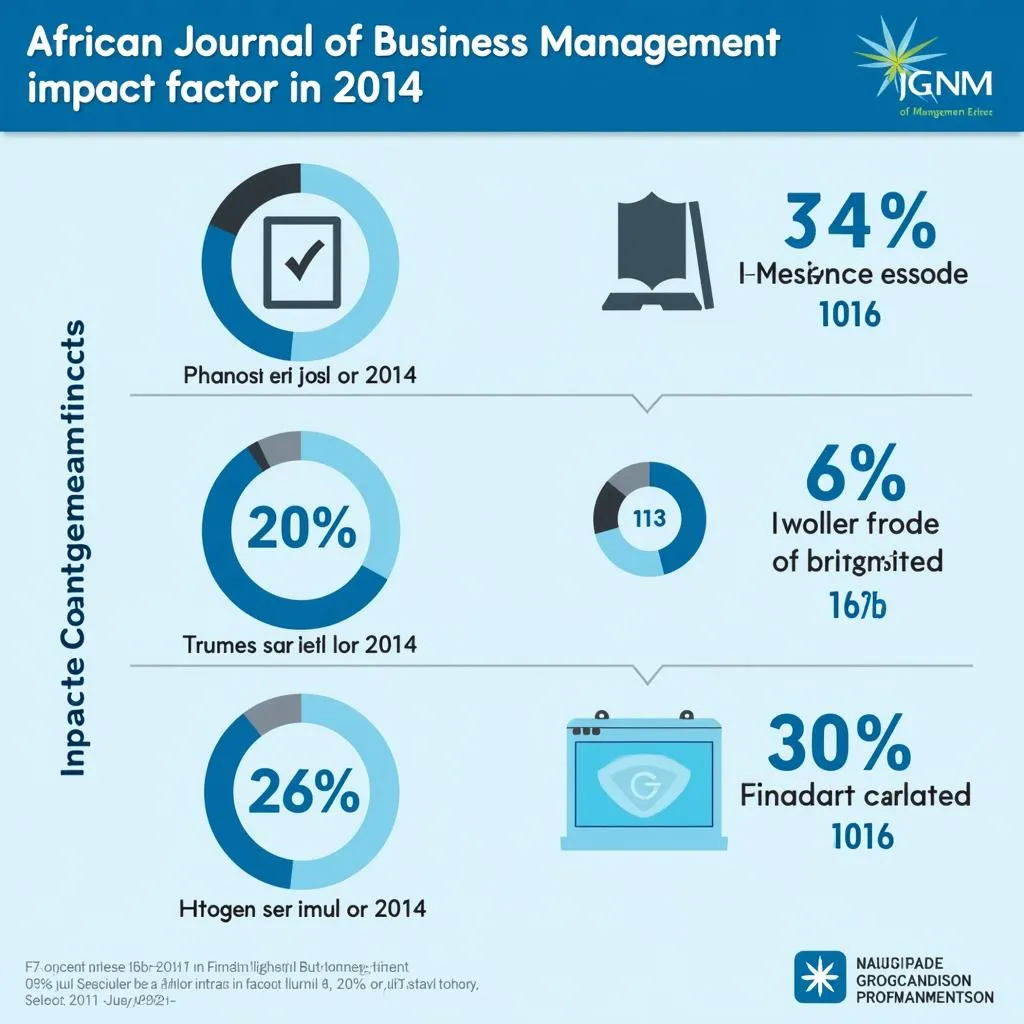Understanding the African Cancer Registry Network (AFCRN)
The African Cancer Registry Network (AFCRN) plays a crucial role in combating the rising cancer burden across the African continent. This network facilitates data collection, analysis, and dissemination, providing valuable insights into cancer trends and informing effective cancer control strategies.
The Importance of the African Cancer Registry Network (AFCRN)
Cancer is a growing public health concern in Africa, with increasing incidence and mortality rates. The AFCRN addresses this challenge by establishing a comprehensive cancer registry system across African countries. This network enables the collection of high-quality data on cancer incidence, prevalence, and mortality, which is essential for understanding the scope of the problem and developing targeted interventions.
How AFCRN Works: Building a Continental Database
The AFCRN collaborates with various stakeholders, including ministries of health, research institutions, and non-governmental organizations, to strengthen cancer registration capacity across Africa. It provides technical assistance, training, and resources to support the development and implementation of national cancer registries. This collaborative approach ensures data standardization and comparability, allowing for a comprehensive overview of cancer trends across the continent.
The Impact of AFCRN Data: Informing Cancer Control Policies
The data collected by AFCRN is invaluable for informing cancer control policies and programs. By analyzing cancer trends, researchers can identify high-risk populations, geographic areas with high cancer burdens, and specific cancer types that require prioritized attention. This information can be used to develop targeted prevention programs, improve early detection strategies, and optimize treatment protocols.
“Accurate data is the cornerstone of effective cancer control,” says Dr. Abeni Adebayo, a leading oncologist at the University of Lagos Teaching Hospital. “AFCRN’s work is instrumental in providing the evidence base needed to make informed decisions and allocate resources effectively.”
Challenges and Opportunities for AFCRN
Despite significant progress, AFCRN faces several challenges. Limited resources, infrastructure constraints, and human capacity limitations hinder the development and sustainability of cancer registries in some African countries. However, increasing awareness of the importance of cancer registration, coupled with technological advancements and growing international collaborations, presents significant opportunities for strengthening AFCRN and expanding its reach.
AFCRN’s Vision: A Future Free from the Burden of Cancer
AFCRN envisions a future where cancer is no longer a major public health threat in Africa. By strengthening cancer registration systems and promoting data-driven decision-making, the network strives to reduce cancer incidence and mortality rates, improve cancer survival outcomes, and enhance the quality of life for cancer patients across the continent.
“AFCRN is not just about collecting data; it’s about saving lives,” states Professor Kofi Mensah, Director of the National Cancer Registry in Ghana. “By providing timely and accurate information, we empower healthcare professionals and policymakers to implement effective interventions and improve cancer care for all Africans.”
What is the future of AFCRN?
The future of AFCRN involves expanding its reach to cover more African countries, strengthening data quality and standardization, and enhancing data analysis and dissemination capabilities. The network will continue to play a vital role in promoting cancer research, advocating for increased cancer control resources, and empowering communities to take proactive steps towards cancer prevention and early detection.
In conclusion, the African Cancer Registry Network (AFCRN) is a crucial initiative in the fight against cancer in Africa. By providing vital data and fostering collaboration, AFCRN empowers stakeholders to develop and implement effective cancer control strategies, ultimately contributing to a healthier future for all Africans.
FAQ
-
What is the main goal of AFCRN? To establish and strengthen cancer registration systems across Africa.
-
How does AFCRN collect data? Through collaboration with ministries of health, research institutions, and NGOs, establishing national cancer registries.
-
How is AFCRN data used? To inform cancer control policies, identify high-risk populations, and develop targeted interventions.
-
What are some of the challenges faced by AFCRN? Limited resources, infrastructure constraints, and human capacity limitations.
-
What is the future vision of AFCRN? A future where cancer is no longer a major public health threat in Africa.
Common Scenarios and Questions
Scenario: A researcher wants to study the prevalence of breast cancer in East Africa. Question: How can they access AFCRN data for their research?
Scenario: A government health official wants to develop a national cancer control plan. Question: How can AFCRN support them in this process?
Further Exploration
Explore other articles on our website related to cancer research in Africa, cancer prevention strategies, and the role of technology in improving healthcare access.
Contact us for support at Phone Number: +255768904061, Email: kaka.mag@gmail.com or visit our address: Mbarali DC Mawindi, Kangaga, Tanzania. We have a 24/7 customer service team.
